CAIRO, Ill. — Lee Wright was hard at work, constructing a nail salon near the city’s abandoned hospital, when Jody Johnson stopped by to introduce himself on a recent afternoon.
Johnson, who works for the University of Illinois Extension program, chatted with Wright casually in the summertime heat. For Johnson, it was the first step to building trust in this city of fewer than 2,200 people as extension programs across the U.S — long valued in many rural communities for helping farmers and supporting 4-H clubs — expand their service to include educating the public about covid-19 vaccines.
Wright, 68, was unvaccinated and planned to remain so, even though he’d followed other public health guidelines during the pandemic. When it came to getting the shots, he decided to leave his fate to his faith.
“Doctors are good. Don’t get me wrong,” Wright said. “But we got to have something that we can really depend on.”
Johnson didn’t talk to Wright about the vaccines that day. He just listened instead. “No one wants to feel ashamed or belittled because they’re not doing something,” Johnson said later.

Only 16% of residents here in Alexander County are fully vaccinated against covid-19, the lowest rate in Illinois, according to the state health department. And case counts of coronavirus infections are rising. So the Cooperative Extension System, which is tied to a network of land-grant universities, plans to spend the next two years talking about vaccines in this community and elsewhere. It may take that long or more to persuade enough people to get vaccinated.
The extension system has a tradition of bringing research-based information to communities on a wide variety of topics, including water quality, food safety and disaster preparedness. With its roots sunk deep in rural America, where vaccines have been slow to catch on, the system is now using state and federal funding to pay for immunization education efforts tailored to specific communities.
Already 4-H clubs have been making masks and face shields. In Illinois, the agency has a covid resource guide for families, business owners and farmers. The office covering the southern portion of the state is now looking to hire someone in the community to help get out the word on why vaccinations matter. Johnson also wants to team up with local churches, civic groups and business owners to get the job done.
“This is not our first global pandemic,” said Carissa Nelson, a spokesperson for 4-H programs in Illinois. The organization’s agents and club members nursed patients during the 1918 flu pandemic that devastated the world.
This time around, the extension service’s strategy could also help in these rural communities and the urban areas it serves. But local leaders say there’s no quick solution for improving vaccination rates in Cairo or across the country. Getting people vaccinated is a nuanced challenge in every community. In Cairo, a long history of racial tension dating to the Civil War still stings. Like many rural towns across the U.S., the community also feels underappreciated and misunderstood.
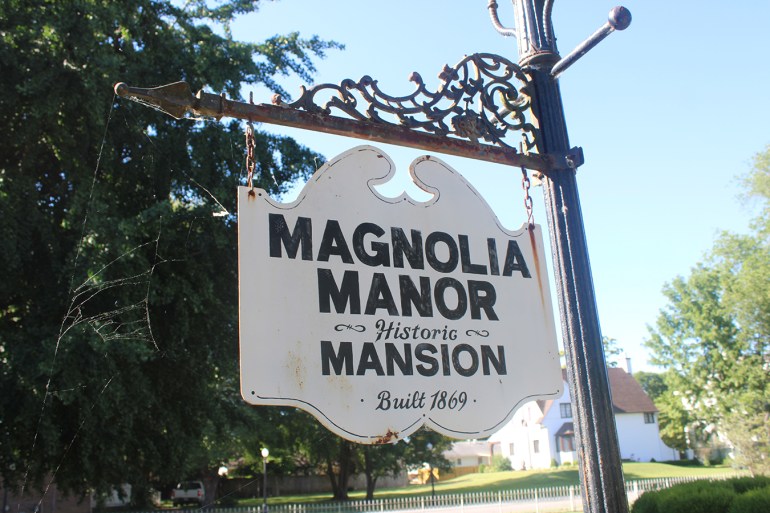
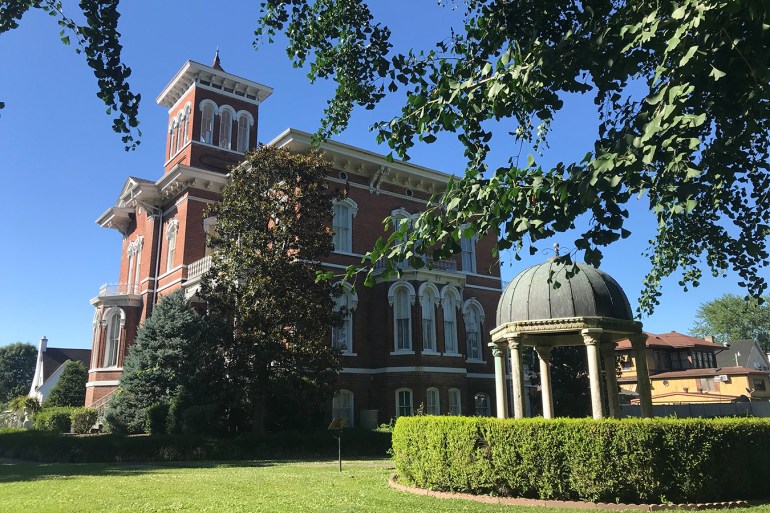
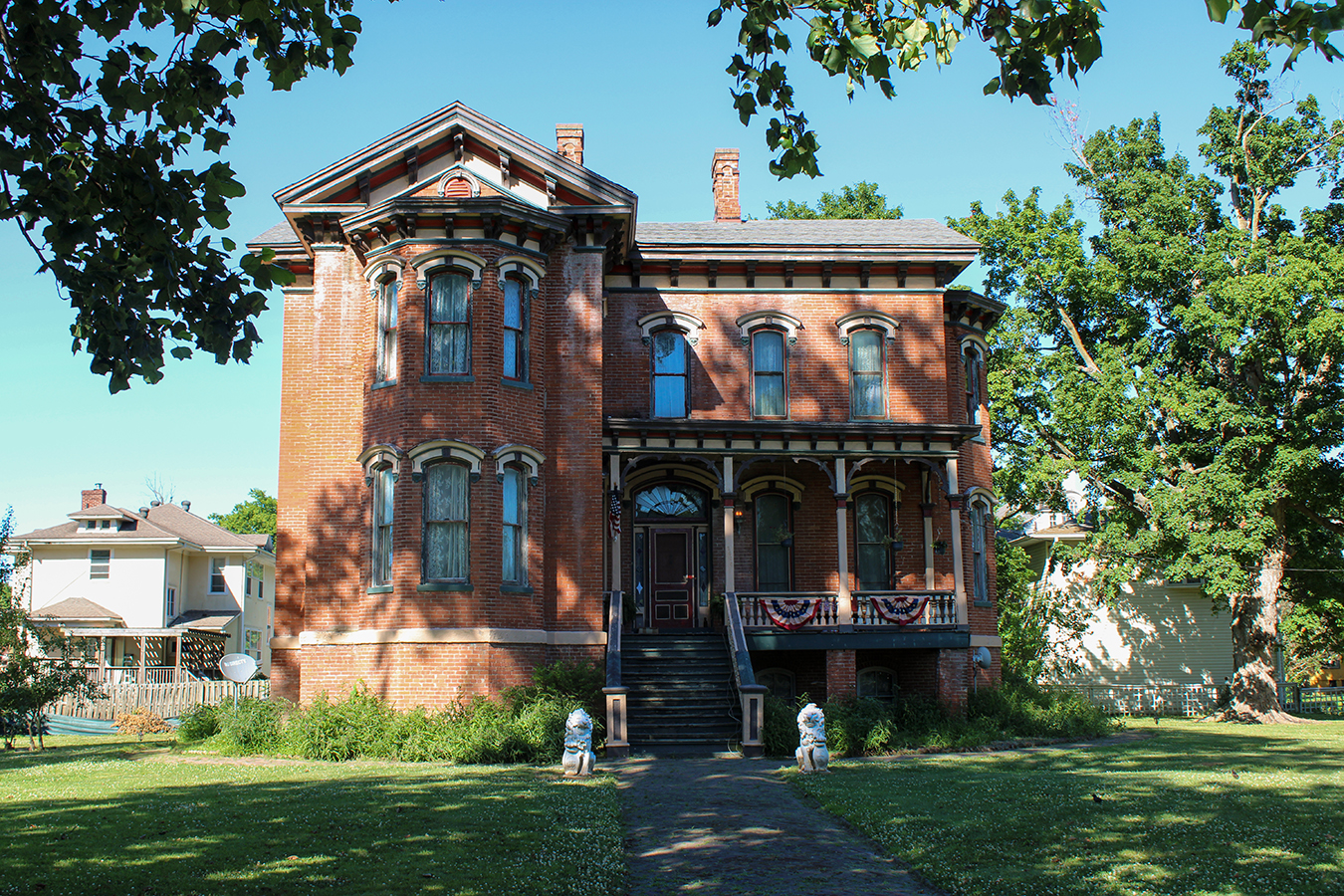
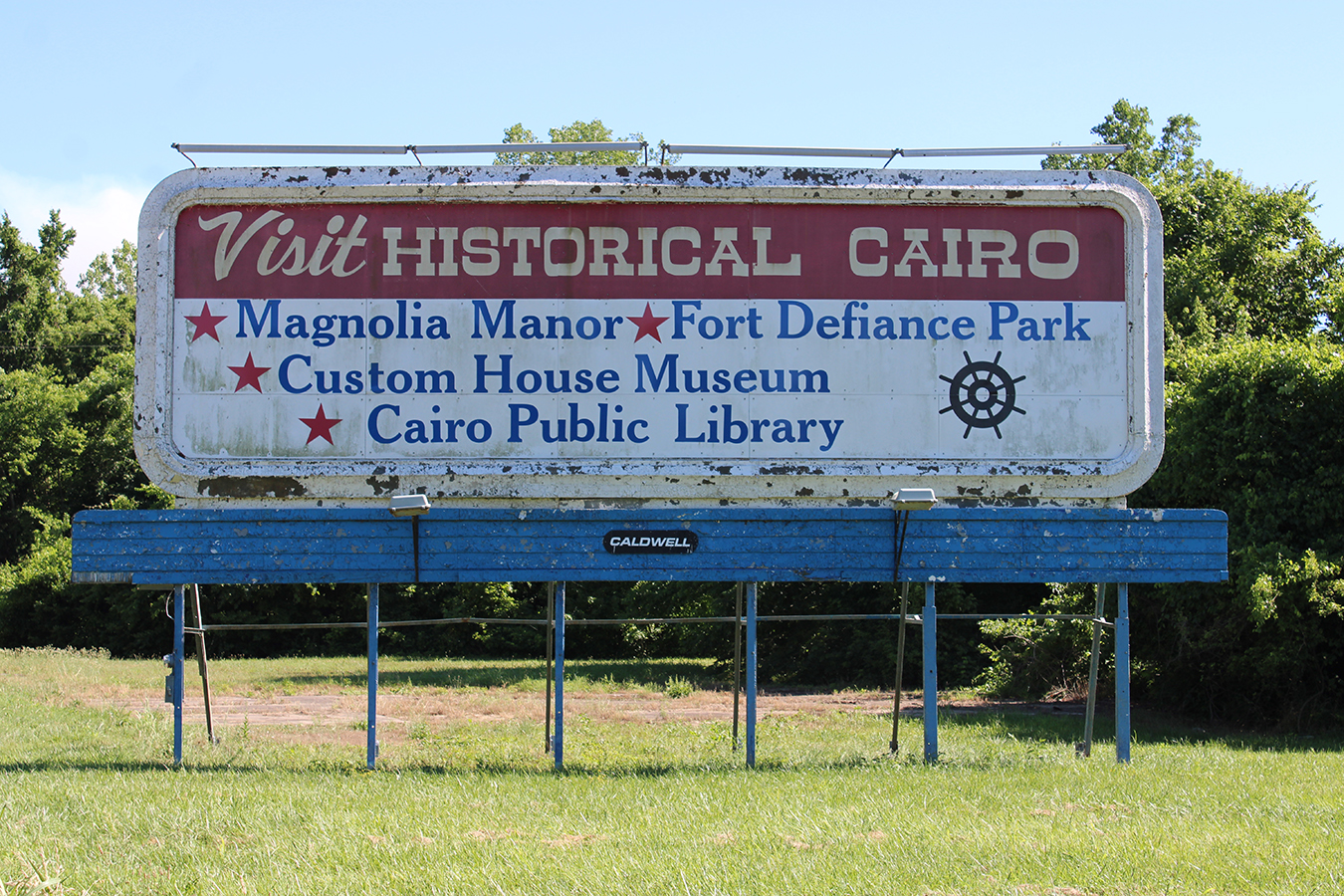
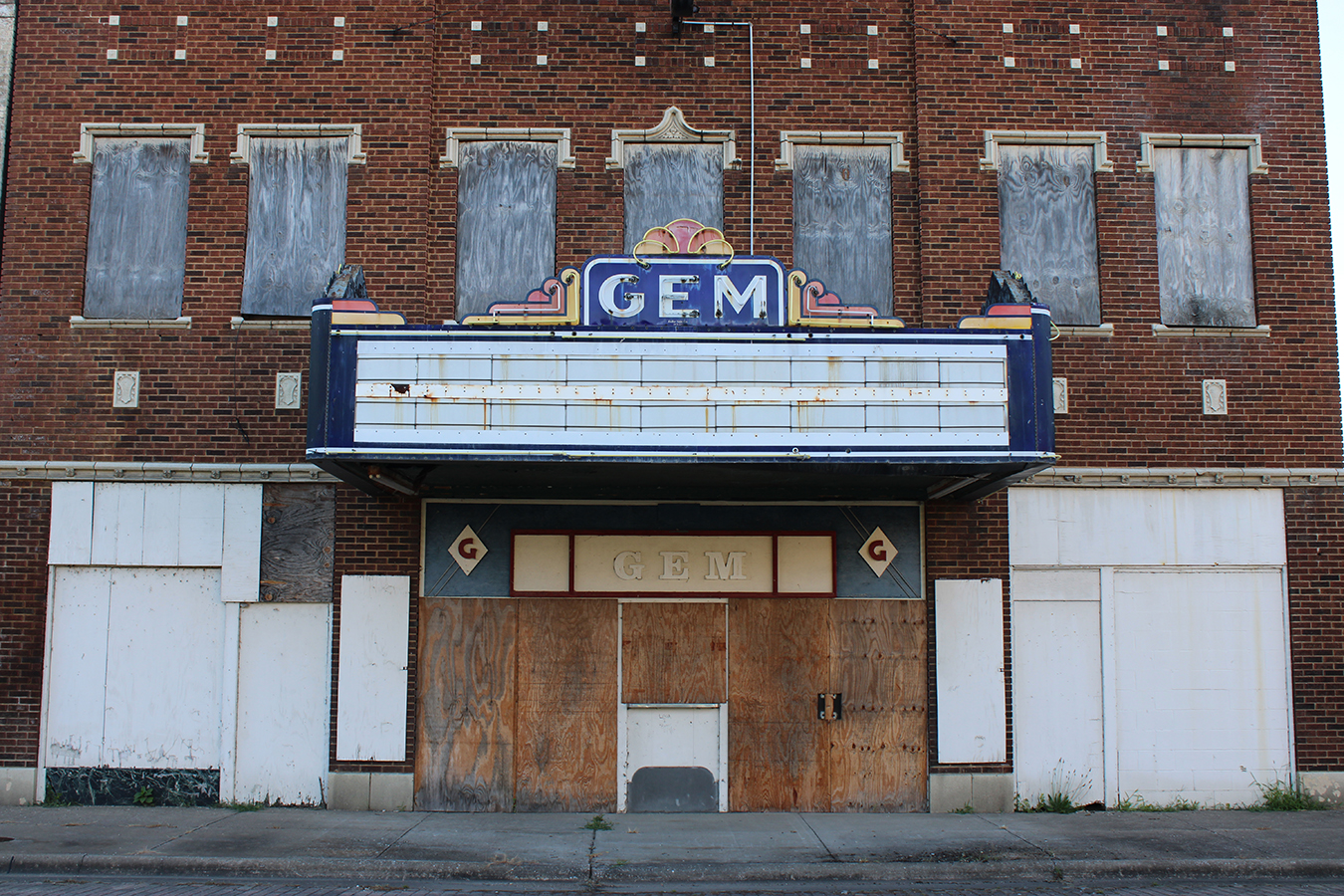
Vaccine apathy is common here, where infection rates remained low until recently.
“We haven’t had great turnouts,” said Tyrone Coleman, president and co-founder of the Alexander and Pulaski NAACP chapter, which has helped organize vaccine clinics in Cairo.
In June, he invited the health department to the city’s Juneteenth celebration at St. Mary’s Park. More than 300 people attended. But the event’s pop-up clinic hosted by the state didn’t have many seeking vaccinations during its six hours of operation.
“We only had two,” Coleman said.
More than 15,000 people lived in Cairo in the early 20th century, helping it earn the nicknames “Little Chicago” and “the Gateway to the South.” Old factories, antebellum homes, an ornate library and a vacant hospital remain as reminders of the city’s majestic past. The city’s library prominently displays the work of Samuel Clemens, the American writer best known as Mark Twain. After traveling through Cairo, Twain wrote about the city in his 1884 novel “The Adventures of Huckleberry Finn.”
In the novel, Cairo represents freedom and the chance for a better life.
But the hospital shut down in 1987. The only grocery store in town closed years ago, public housing was torn down in recent years, and the only nursing home closed during the pandemic, forcing residents to find a new place to live without much notice. On top of all that, flooding has threatened to wipe the city out more than once.
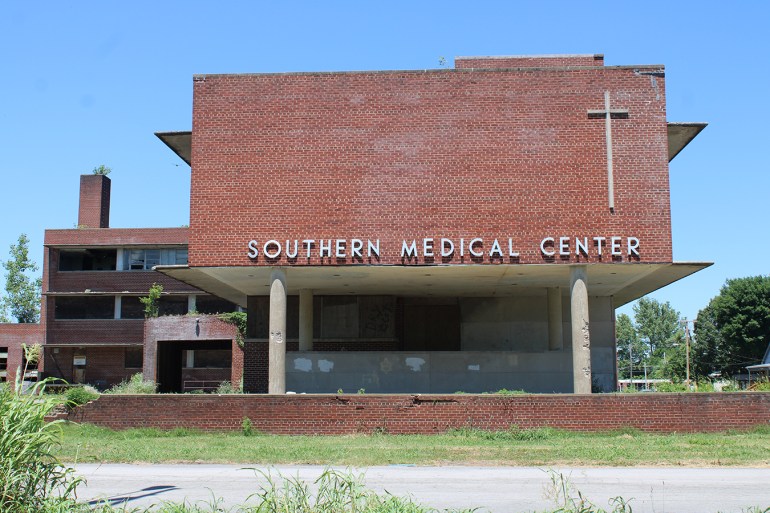
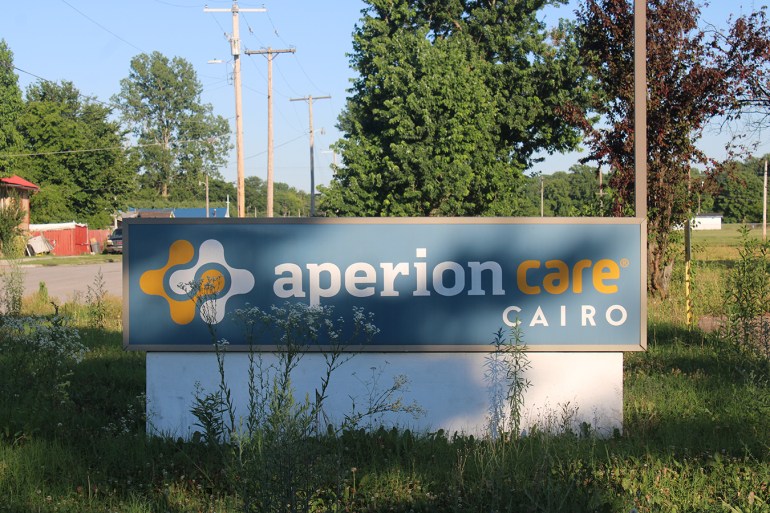
Today, fewer than 2,200 people, the majority of them Black, live here. And locals say the population has continued to drop with all the closures. The city is often mislabeled by the press and travel guides as abandoned.
“Cairo is not a ghost town,” said Ronnie Woods, a local pastor and retired schoolteacher. “It’s not dead at all.”
Tourists still stop by to see the confluence of the Mississippi and Ohio rivers. But they don’t typically see the rocky riverbank where residents fish for their dinner. Beverly Davis, 60, heads there often with rod in hand and gives much of her catch away to other members of the community. The scenic waterfront, though, is carpeted with driftwood and dead fish that washed ashore.
“I guess it’s meant to be like this,” Davis said, standing on the riverbanks among the fish carcasses. “’Cause if not, it would be better.”

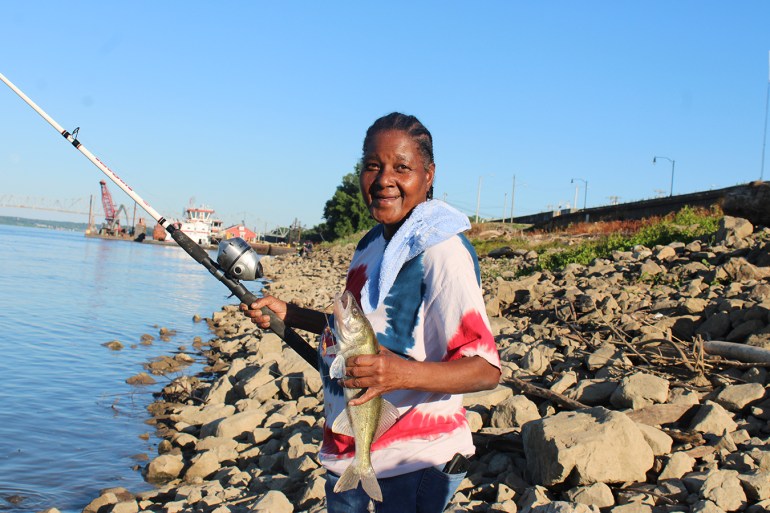
But many residents continue to believe their city will return to its past glory. “The world hears that this is a negative part of the country, and it’s not,” Johnson said. “We’ve got too many good things and people here.”
On this day, the only outdoor basketball court in the city, anchored by a single hoop, was busy in a rural community that was fighting to stay alive long before the pandemic hit. The men on the court didn’t seem worried about catching covid.
“I haven’t had covid, so I feel like I don’t need to get vaccinated right now,” said Jeffery DeWitt, 24. “I’ll just take it as it goes.”
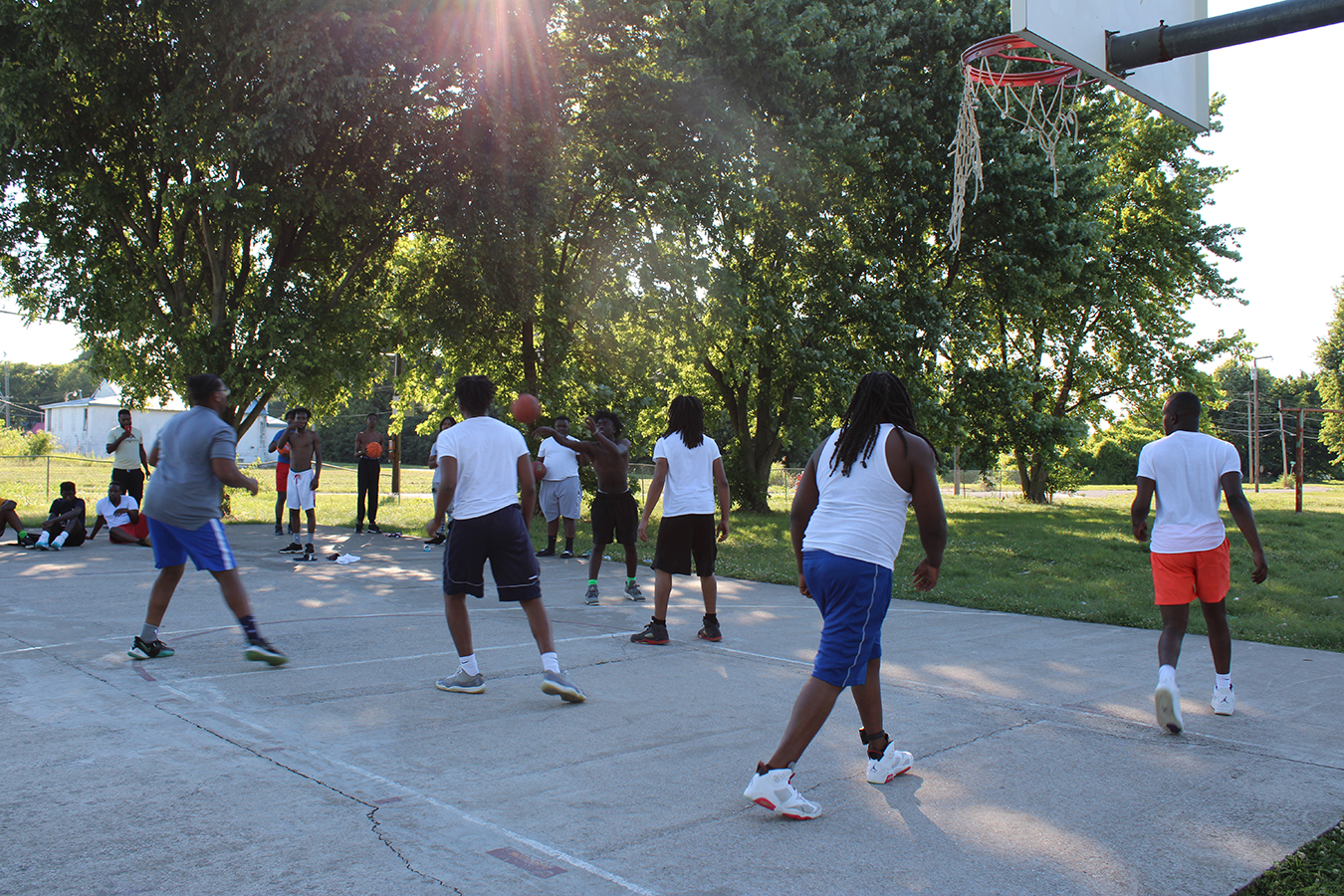
Wright’s son, Roman Wright, 36, said much the same thing while helping his dad build the nail salon across town. He works for the prison system, and one of its facilities nearby reported covid cases. But he hadn’t contracted the disease. Like his father, he said he didn’t plan on getting the shots.
“I’m like my dad,” Roman Wright said. “I was born and raised in church all my life. So I say we believe in God. I know my parents pray for me. We pray for each other and we just believe in God.”
Woods, the pastor, has a different point of view. He keeps his vaccination card in a plastic sheath and carries it with him wherever he goes.
“I have strong faith,” said Woods, 66. “And at my age, my risk factors, I just felt that God placed science there to help us.”
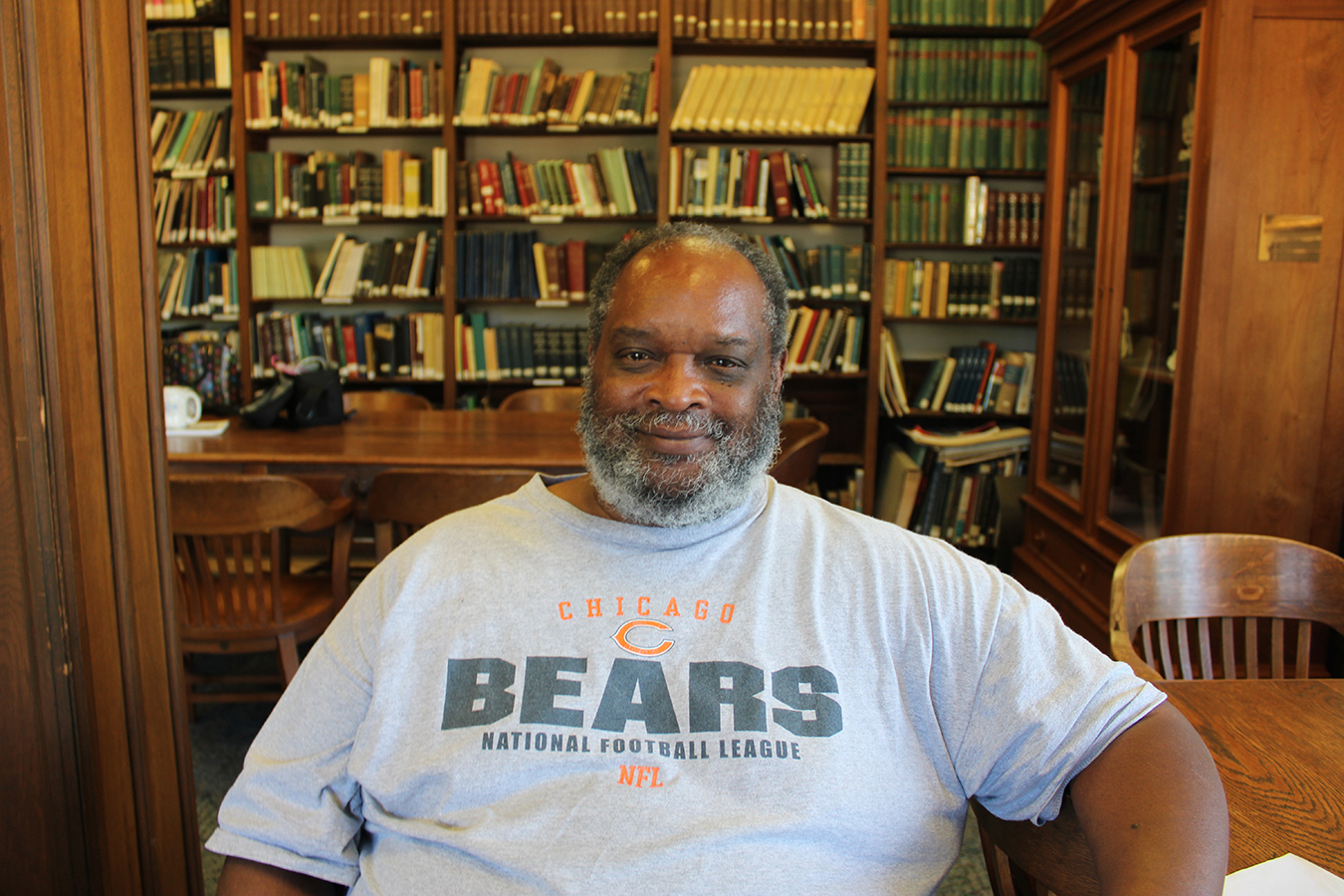
But Woods said it’s going to take work to persuade others in Cairo to get vaccinated, even if they know someone who died of covid. A prominent doctor was among the dead in the community. “It’s going to take more than explaining, it is going to take a cultural shift because people are just not trusting,” he said.
That’s one reason Johnson is searching for a local voice to lead the extension service’s vaccine education program over the next year. As a 51-year-old white man who grew up in a predominantly white community 45 miles outside of Cairo, he recognizes that local residents would be more likely to share their thoughts with someone who lives here. Plus, he spends most of his time talking with community leaders and public officials. He is searching for someone who will spend time with locals who don’t hold titles and positions.
“Everybody doesn’t think like me,” Johnson said. “So we need to take that into consideration.”
KHN (Kaiser Health News) is a national newsroom that produces in-depth journalism about health issues. Together with Policy Analysis and Polling, KHN is one of the three major operating programs at KFF (Kaiser Family Foundation). KFF is an endowed nonprofit organization providing information on health issues to the nation.
USE OUR CONTENT
This story can be republished for free (details).
from https://ift.tt/3CSWiji
Check out https://un-you-sual.tumblr.com
No comments:
Post a Comment